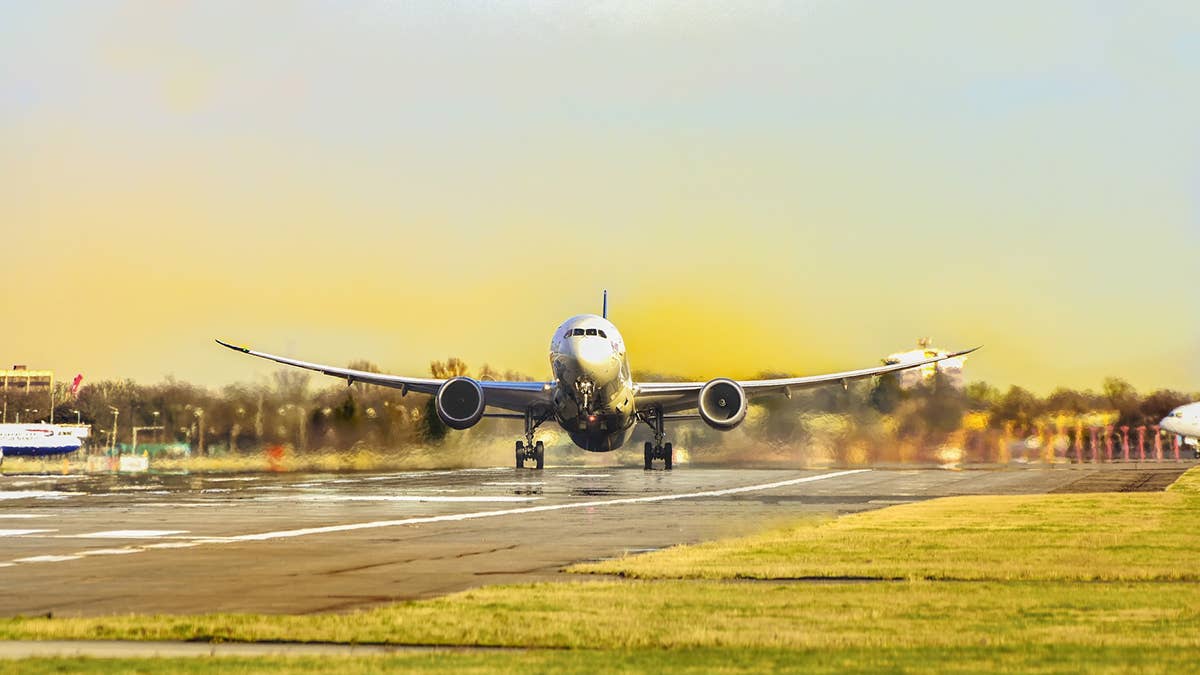FAA Proposes Extending Cockpit Voice Recording to 25 Hours
The NTSB’s top official called on the FAA to extend CVR capability beyond the two-hour requirement.

FAA is launching a rulemaking process to extend cockpit voice recorders (CVR) to capture 25 hours of information. [Credit: Pixabay]
FAA is launching a rulemaking process to extend cockpit voice recorders (CVR) to capture 25 hours of information, the agency has announced.
“We are initiating rulemaking that will require cockpit voice recorders to capture 25 hours of information," FAA said in a March 16 statement. "We will also establish an Aviation Rulemaking Committee to explore how to make greater use of data gathered by the airplane and its systems, including expanded flight-data monitoring. We welcome any tools or resources Congress wants to provide to help us do this expeditiously.”
The FAA’s announcement comes in the wake of the agency’s safety summit, held to address a string of close calls between commercial aircraft at U.S. airports. A first of its kind since 2009, the summit brought more than 200 leaders together to discuss how the industry can mitigate risks.
During the summit, NTSB Chair Jennifer Homendy urged the FAA to take up its safety recommendations, including extending CVR capability from the current FAA required two hours to 25 hours—a change the organization had been pressing since 2018.
In her remarks, Homendy said that in all six of the recent safety incidents, the CVRs were overwritten, preventing investigators from hearing what took place on the flight deck.
According to the NTSB, the CVR records the flight crew’s voices and other sounds in the cockpit such as engine noise, stall warning annunications, landing gear extension, and automated radio weather briefings, which provide valuable insight for the safety board to determine probable cause for an accident. Regulators also stated that in more than a dozen incidents since 2003, investigators would have benefited from CVR recordings but were unable to because of the two-hour limit.
“Europe has mandated 25-hour CVRs in new aircraft for over a year, and we should do the same,” Homendy said. “I don’t understand why it’s so controversial.”
In a statement to Forbes, Airlines for America (A4A), a lobbying group representing major U.S. airlines, backed the recommendation. “A4A is supportive of transitioning from 2-hour CVRs to 25-hour CVRs in coordination with its federal partners and other industry stakeholders.”
But not all are on board with the change. Pilot privacy and protections remain controversial. Some pilots believe that devices in the cockpit could be used against them to enforce infractions or even revoke their certificates.
Air Line Pilots Association (ALPA), the largest pilot union in the country, has expressed its concerns with changes to CVR regulations. “Current law requires the NTSB to protect the privacy of the data contained on the flight deck voice recordings, but does not prevent airlines or others from disclosing that information, and additional safeguards need to be put into place to keep them from doing so,” said ALPA president Jason Ambrosi.
“The pilot community does have concerns about whether the information could be publicly released,” Homendy said. “I will tell you, in our investigations, none of that has ever occurred.”
The FAA has said its inaction on the recommendation is due to other priorities, but the agency has a close working relationship with the NTSB and shares a common goal to promote safety and prevent aircraft accidents.

Subscribe to Our Newsletter
Get the latest FLYING stories delivered directly to your inbox






